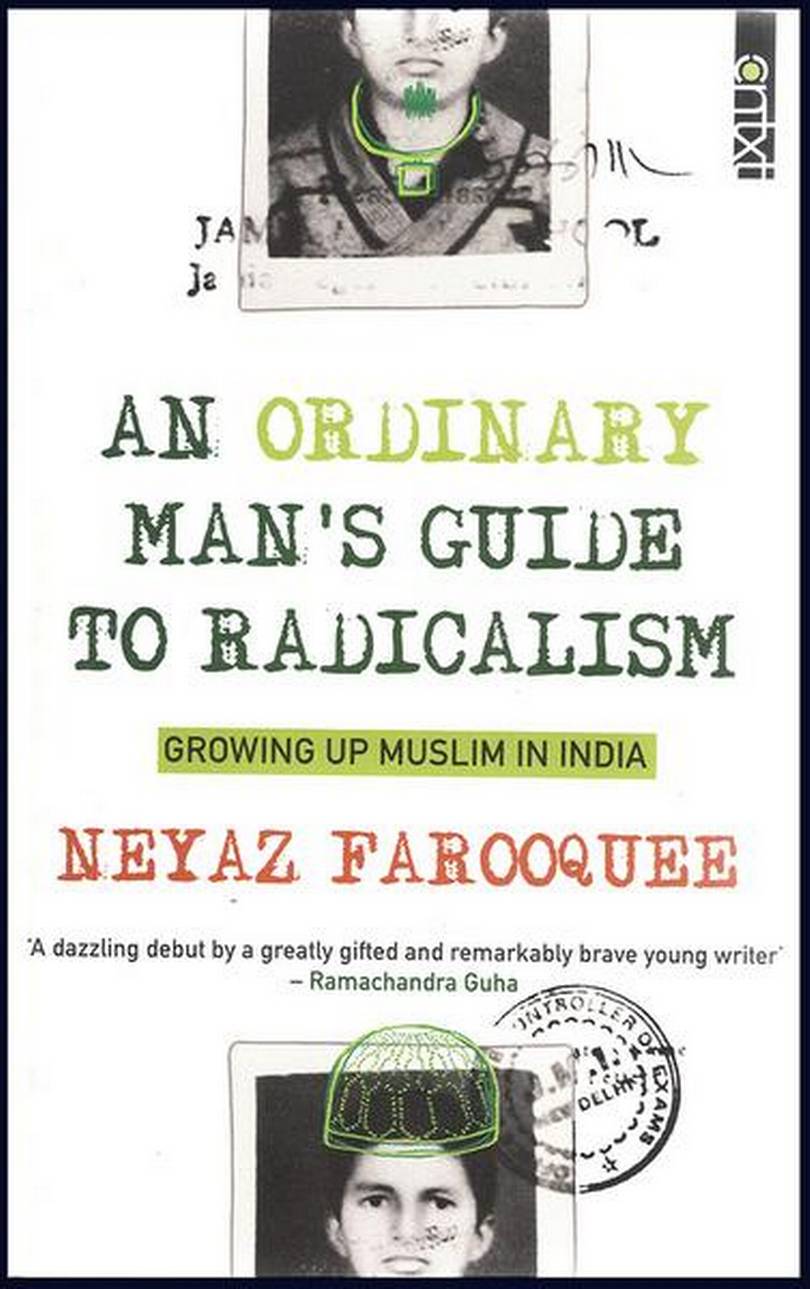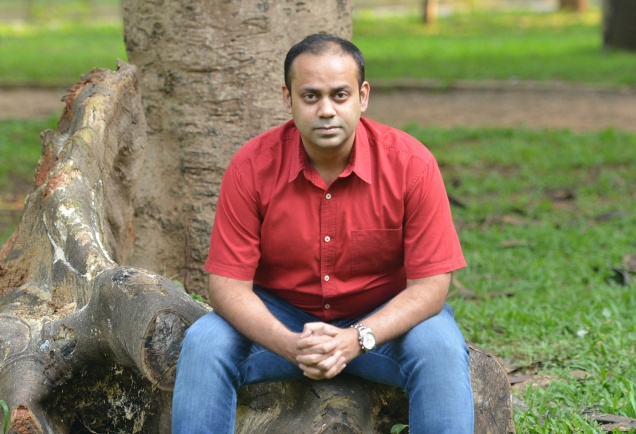BIHAR / NEW DELHI :
ON September 19, 2008, an encounter took place at Batla House, a building in the Muslim-dominated locality of Jamia Nagar in Delhi. In what has come to be known as the “Batla House Encounter”, Delhi Police shot dead two individuals who they alleged belonged to a terrorist outfit. Some civil society activists pointed out that there were flaws in the police’s narrative, leading to allegations that the encounter was staged. This is the event that ties up Neyaz Farooquee’s easy-to-read memoir on growing up Muslim in India. Farooquee was at the time a student of Jamia Millia Islamia and lived close to Batla House. His tryst with his Muslim identity in the wake of the encounter forms the backdrop of the book.
There is no nuanced way to say this, but it is not easy to be Muslim in India. Anti-Muslim prejudice runs deep in Indian society and manifests itself in a variety of ways. In its gentlest form, the Indian Muslim may be casually called “Pakistani” in the most rarefied of spaces, leaving him to cringe silently because of this unfair association with a neighbouring country. In its most savage form, anti-Muslim bigotry leads to horrendous and usually one-sided communal violence with state sanction that leaves Muslims feeling scarred, besieged and vulnerable. In between, there are various degrees of bias and hate that Indian Muslims face on a daily basis all over the country.
In the imagination of early Hindutva ideologues, Muslims are permanent fifth columnists who could never be truly Indian. Going by this credo, the Indian Muslim can be and is held guilty of events across time and space. A Muslim in Bengaluru in 2018 is often held guilty for M.A. Jinnah’s demand for Pakistan, and its eventual formation in 1947, as well as the supposed excesses of Muslim rulers of medieval India.
In the same way, lazy bigotry would also hold him accountable for a violent terrorist attack that takes place halfway across the world. Since the Narendra Modi-led National Democratic Alliance government came to power in 2014, anti-Muslim sentiment has exploded in India and has been institutionalised to a great extent, with prejudicial sentiments being expressed brazenly. A hateful statement (say, by a senior leader of the Bharatiya Janata Party like Anant Kumar Hegde that Islam must be effaced from the earth) that would have earlier caused an uproar only causes a grumpy murmur in Indian society now.
Surprisingly, there is little literature on this theme by Indian Muslims, even though it informs their existence tremendously. Dalits, who are another marginalised segment of Indian society, have a far richer corpus of literature on the experience of leading a discriminated existence. So, what is the responsibility of journalists and writers in such a scenario? As chroniclers of society, they have a certain obligation of writing about the Indian Muslim experience, considering that Muslims are the largest religious minority in India with a population of more than 170 million (according to the 2011 Census).
Farooquee’s memoir is novel in the sense that it inaugurates a subgenre as there are hardly any platforms where the Indian Muslim experience has been articulated as clearly and candidly as it has been in this book. Twin narratives chug the story along. One tells the tale of Farooquee’s early life growing up in a village in Bihar and his journey and life in Delhi, while a second narrative tells the story of his life after the Batla House encounter. Farooquee came to Delhi as a child and enrolled in a school. The book describes how he grew up away from his parents in Jamia Nagar in Delhi and eventually found his feet in the Muslim ghetto. His parents hoped that he would become an Indian Administrative Service officer, but he ended up becoming a journalist. His relationship with his grandfather and his secular world view are described in touching detail. It is heartbreaking to read about Farooquee’s anxiety after the Batla House encounter and of how his life changed, considering the general Indian Muslim distrust of investigating agencies. The murkiness of information about the encounter in the public domain and the contradictory reportage of a media quick to make slapdash conclusions are also dealt with in some detail in the book.
At one point, Farooquee writes: “Jamia Nagar creates a jumble of names, faces and identities, and possibly faulty memories. That memory could be yours, or someone else’s, and if that someone else is, let’s say, a Terror Suspect disguised as a Normal Human Being, you have no idea how is memory is going to behave. It was an alarming thought and it made everyone untrustworthy. Friends, close friends, acquaintances, strangers, everyone.” At another point, he writes about how something as innocuous as travel bags caused him consternation: “The reports also said the Terrorists had many travel bags in their flat, suggesting that they sheltered Terrorist-friends from out of town and were themselves given to travelling to different cities in India to plant bombs. It was as if none of these reporters had lived the life of a middle-class Indian student. My own bag served as a cupboard. Often, there were other bags lying around, from when friends, relatives and acquaintances stayed over—a free dormitory.”
A pall of restrained melancholia hangs over the story, and one feels that the narrative may erupt into something more violent—there is a gory retelling of the brutal killing of an uncle in the Bombay riots of 1992-93—but Farooquee’s story is not about the physical violence of the state but about what it does to the mind. The experience of an Indian Muslim and his constant state of vulnerability is what the memoir is all about. There is some stodginess with which the author articulates this, but that is a matter of style. There is also a lot of trite information which makes one feel that the story could have been told in the form of a long essay rather than a book. Nonetheless, Farooquee writes on an important theme, and hopefully, memoirs with richer stories on what it means to be an Indian Muslim will follow this account.
source: http://www.frontline.in / Frontline / Home> Books / by Vikhar Ahmed Sayeed / Print edition: August 17th, 2018










